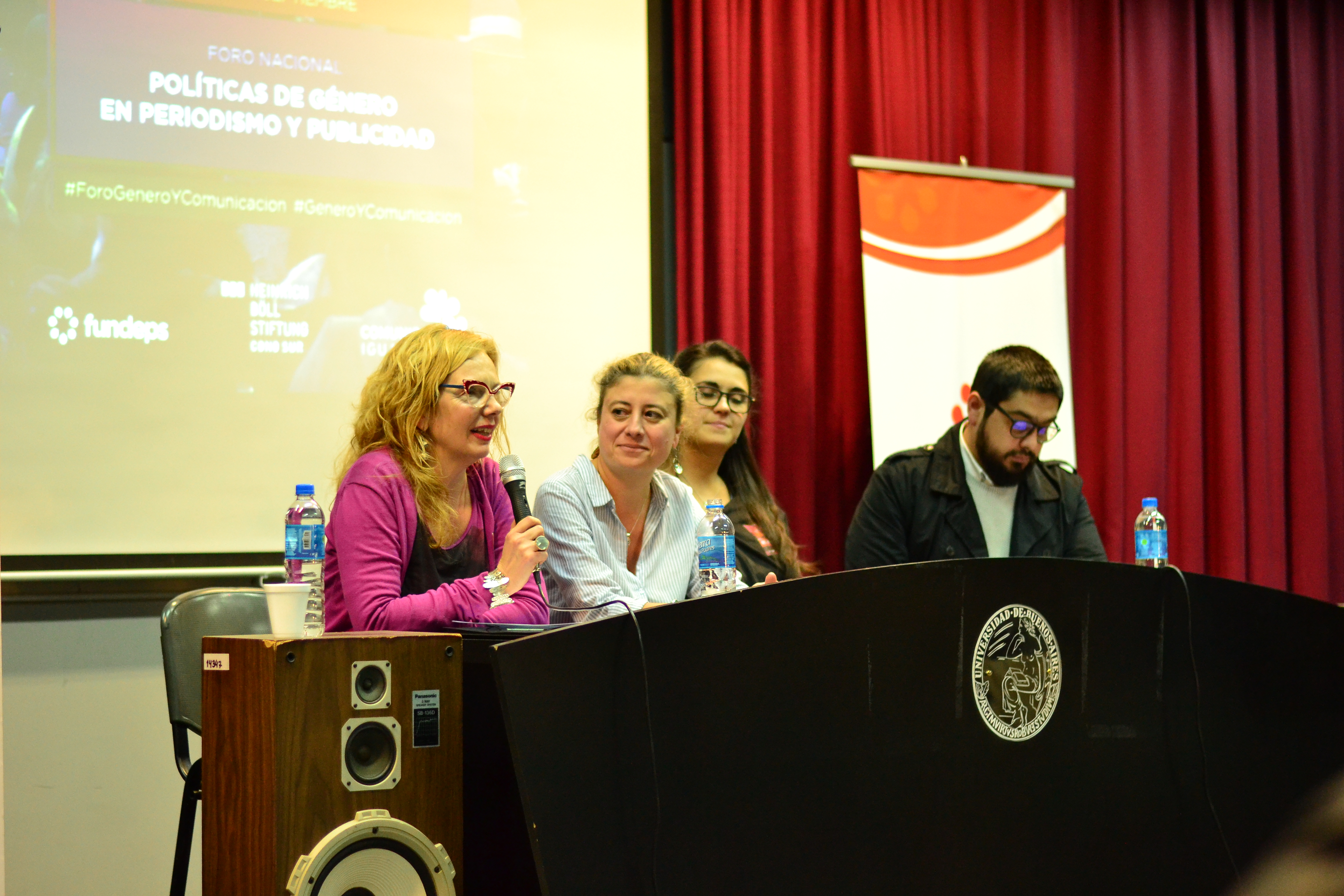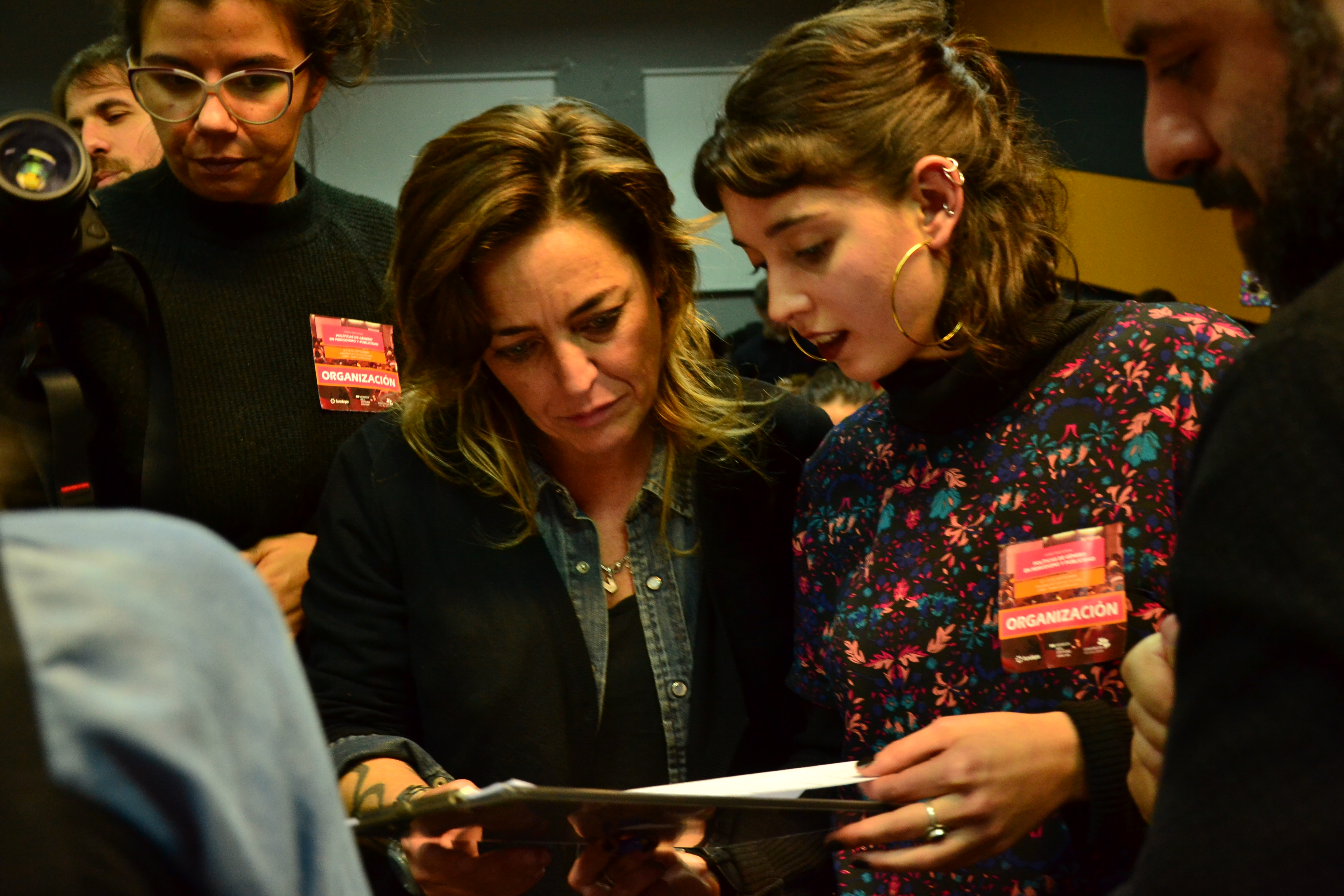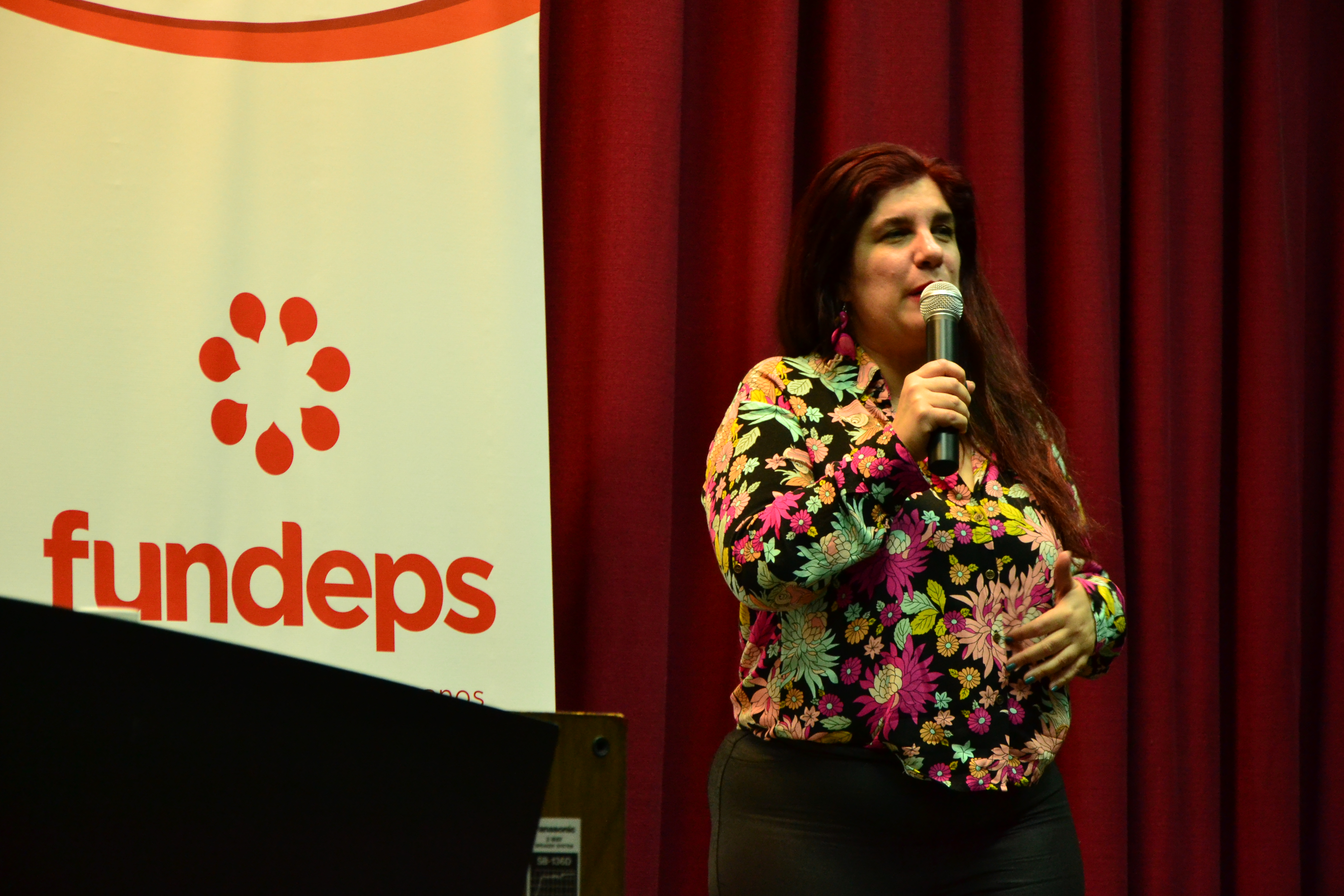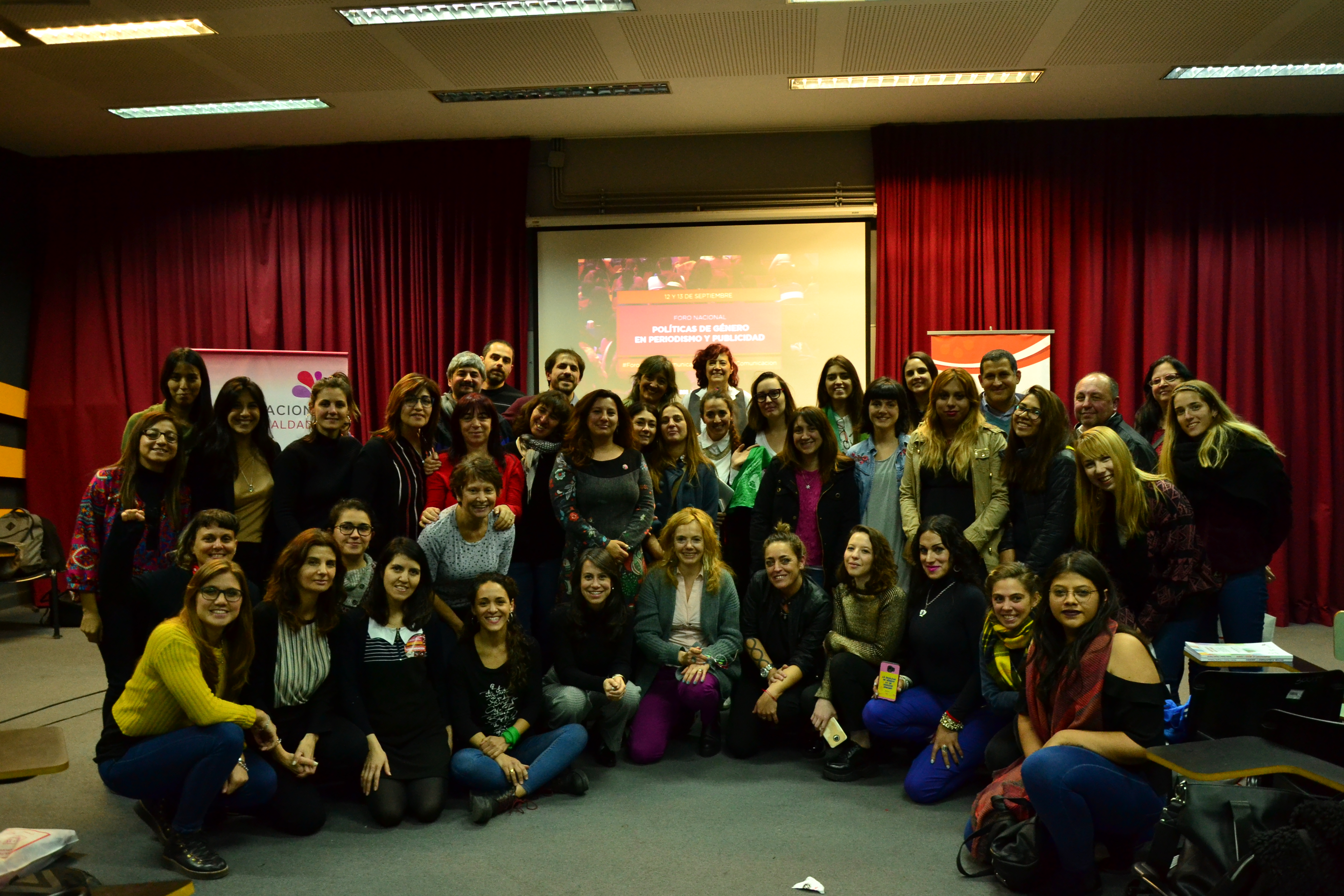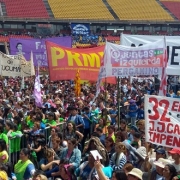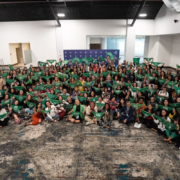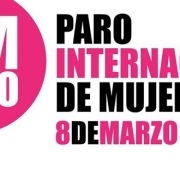Gender policies in journalism and advertising. The debates we owed
We held the National Forum on Gender Policies in Journalism and Advertising on September 12 and 13 at the Faculty of Social Sciences of the UBA. We have the presence of interns from the interior of the country dedicated to advertising, journalism and communication, representatives of journalistic and advertising organizations and we obtained the signature of 44 institutions to the Commitment Agreement.
Below, we offer a google translate version of the original article in Spanish. This translation may not be accurate but serves as a general presentation of the article. For more accurate information, please switch to the Spanish version of the website. In addition, feel free to directly contact in English the person mentioned at the bottom of this article with regards to this topic.
There were two days of reflection and discussion around a central axis: the gender policies that exist (and are missing) in the two most important sectors dedicated to communication: advertising and journalism.
On Thursday 12, the day began in the afternoon with the opening of the Forum by the organizations that made this event possible: The Civil Association Communication for Equality, The Heinrich Boll Foundation, UNESCO and Fundeps.
Then, organizations from all over the country linked to journalism and advertising signed the Commitment Agreement on Gender Policies in Journalism and Advertising. They expressed their interest and desire to transform the labor structures of these industries and create democratic, inclusive and diverse spaces, with equal real opportunities to access decision-making positions and more valued areas.
They joined 44 organizations of which 16 are from within the country. They signed 9 media companies, 15 advertising agencies, 7 academic institutions, 6 professional associations and networks, 3 press unions, 3 business chambers and 1 state agency. Those who want to adhere and sign the Commitment Agreement can do so through this form.
The day ended with Luciana Peker’s talk-debate «The feminist tide in journalism and publicity: another way of telling, another way of working.»
Start from questions to find answers
Friday was raised as a meeting place between the various actors that are part of both industries: educational institutions, unions, business chambers, advertising agencies, media companies, civil society organizations, state agencies and workers / is from both industries.
The day was organized in four panels, designed from the critical axes found in both industries. During the morning the following were presented:
- Care policies, in which Paula Rey and Victoria Gallo (ELA), Georgina Sticco (Gender and Work-Grow), Mariángeles Camusso (Inter-American Open University), Silvia Martínez Cassina (channel 13) and Cecilia Bustos Moreschi (Fundeps) participated as moderator.
- Labor rights and unionization, whose panelists were Cynthia Benzion (vice president of the Association of Lawyers and Labor Lawyers of CABA), Verónica Baracat (UN Women), Diego Pietrafesa (Telefe-SiPreBA), Luciano Calió (FBC & Fire) and Melanie Tobal (Advertising. org) in moderation.
In the afternoon were the panels «Journalism and Gender» and «Advertising and Gender»:
- The first, moderated by Pate Palero (PAR Network), was composed of Viviana Mariño (Argentine Time), Nicole Insignares (Clarín Group), Silvia Hernández (UBA) and Gabriela Toledo (Subprogram of Strategies for Training and Communication of San Luis ).
- The last one was formed by Mariana Iesulauro (Y&R Agency), Agustina Militerno (Havas), Tomás Balduzzi (Higher School of Advertising Creatives) and Rocío Restaino (Women in Advertising) as moderator.
In these spaces, the various actors in the advertising and journalism industries were invited to ask themselves: What is the relationship between care policies and actions and the participation of women in the advertising and journalism industries? Why are there so few women in hierarchical positions and in the most valued areas? What are the most serious problems of both industries in relation to unionization and the construction of labor rights? What strategies can be designed, implemented and evaluated to generate more democratic and diverse work environments?
These questions put into question the labor practices of both industries, the production of content and promoted discussions postponed by some of these actors.
There were two days of intense debate, which allowed us to observe and realize that the advertising and journalism industries are not excluded from many sexist practices, and that, like most of the different items, gender-based inequalities suffer, such as, the wage gap between men and women and the glass ceiling, both produced mainly by the overload in women of unpaid household chores and by maternity. That in order to transform this, it is necessary to defend and transform trade union spaces, to continue with the internal demand for violence-free, equitable and egalitarian spaces. As Luciana Peker said «without union rights, but also gender-specific, there is no possibility of reaching or staying, or reaching places of hierarchy.»
We believe that the Forum was an enriching space as it sat on the same discussion table to workers, companies, unions, educational institutions, civil society organizations and the same State, in order to generate commitments that translate into policies of Formal, concrete and sustainable gender that promote real equality of opportunities, inclusion and diversity within.
Authors
Valentina Montero
Cecilia Bustos Moreschi
Contact
Cecilia Bustos Moreschi cecilia.bustos.moreschi@fundeps.org

